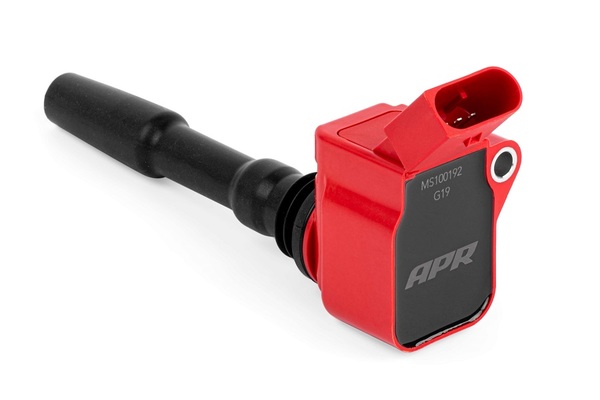Ignition Coils and Misfires: Understanding Your Engine’s Vital Components
A smoothly running engine is essential for a well-maintained Audi, BMW or VW. To ensure optimal performance, it’s important to understand the role of various components, such as ignition coils, and how they can impact your engine’s function. In this blog post, we will explore ignition coils and engine misfires, helping you recognize potential issues and maintain your vehicle’s performance.
What is an Ignition Coil?
An ignition coil is an essential component of a vehicle’s ignition system, responsible for converting low-voltage battery power into the high-voltage electricity needed to create a spark at the spark plugs. This spark ignites the air-fuel mixture in the combustion chamber, generating power to drive the vehicle.
There are several types of ignition coils, including coil-on-plug, distributor coil, and coil pack systems. While the designs may differ, they all serve the same purpose: providing the necessary voltage to the spark plugs.
Ignition coils play a critical role in starting and running your engine. Without properly functioning ignition coils, your engine may experience misfires, reduced fuel efficiency, and decreased power output.
How Ignition Coils Work
The ignition coil acts as a transformer, converting the 12-volt battery power into a high voltage, typically between 20,000 and 30,000 volts, required to create a spark at the spark plugs.
When the ignition control module or engine control unit (ECU) sends a signal, the ignition coil activates and generates a high-voltage spark. This spark is then transferred to the spark plug via a spark plug wire or a direct connection in coil-on-plug systems.
In distributor systems, the ignition coil sends the high-voltage spark to a distributor, which then distributes the spark to the appropriate spark plug. In coil-on-plug systems, each spark plug has its dedicated ignition coil, eliminating the need for a distributor.
What is a Misfire?
A misfire occurs when the air-fuel mixture in one or more cylinders fails to ignite correctly. Symptoms of misfires include rough idling, loss of power, decreased fuel efficiency, and a check engine light.
Misfires can result from various issues, including faulty spark plugs, worn or damaged ignition coils, fuel delivery problems, or mechanical issues within the engine. These can lead to poor engine performance, reduced fuel efficiency, increased emissions, and potential damage to the catalytic converter.
A worn or damaged ignition coil may fail to produce the necessary high-voltage spark, resulting in a misfire. Ignition coil problems can also cause intermittent misfires, making diagnosis more challenging.
Diagnosing ignition coil problems
To diagnose ignition coil issues, a technician may use an OBD-II scanner to read any stored trouble codes, perform a visual inspection of the ignition coils, or use a multimeter to test the coils’ resistance.
If an ignition coil is determined to be faulty, replacing it can resolve the misfire and restore engine performance. It’s essential to replace all spark plugs and ignition coils simultaneously in some cases to ensure optimal performance.
Be mindful of any changes in your vehicle’s performance, such as rough idling, loss of power, or decreased fuel efficiency. These could be early warning signs of a potential misfire or ignition coil issue.
Understanding the role of ignition coils and the causes of engine misfires can help you maintain your vehicle’s performance and avoid costly repairs. By staying proactive with regular maintenance, being aware of early warning signs, and seeking professional help when needed, you can keep your engine running smoothly and efficiently for years to come. Remember, a well-maintained vehicle is not only more reliable but also more enjoyable to drive.
If you have found your Audi, BMW or Volkswagen’s ignition coils need to be replaced we have various options such as performance options for Audi/VW from brands like APR or OE replacement options for all makes/models from brands such as Beru and Bremi.


